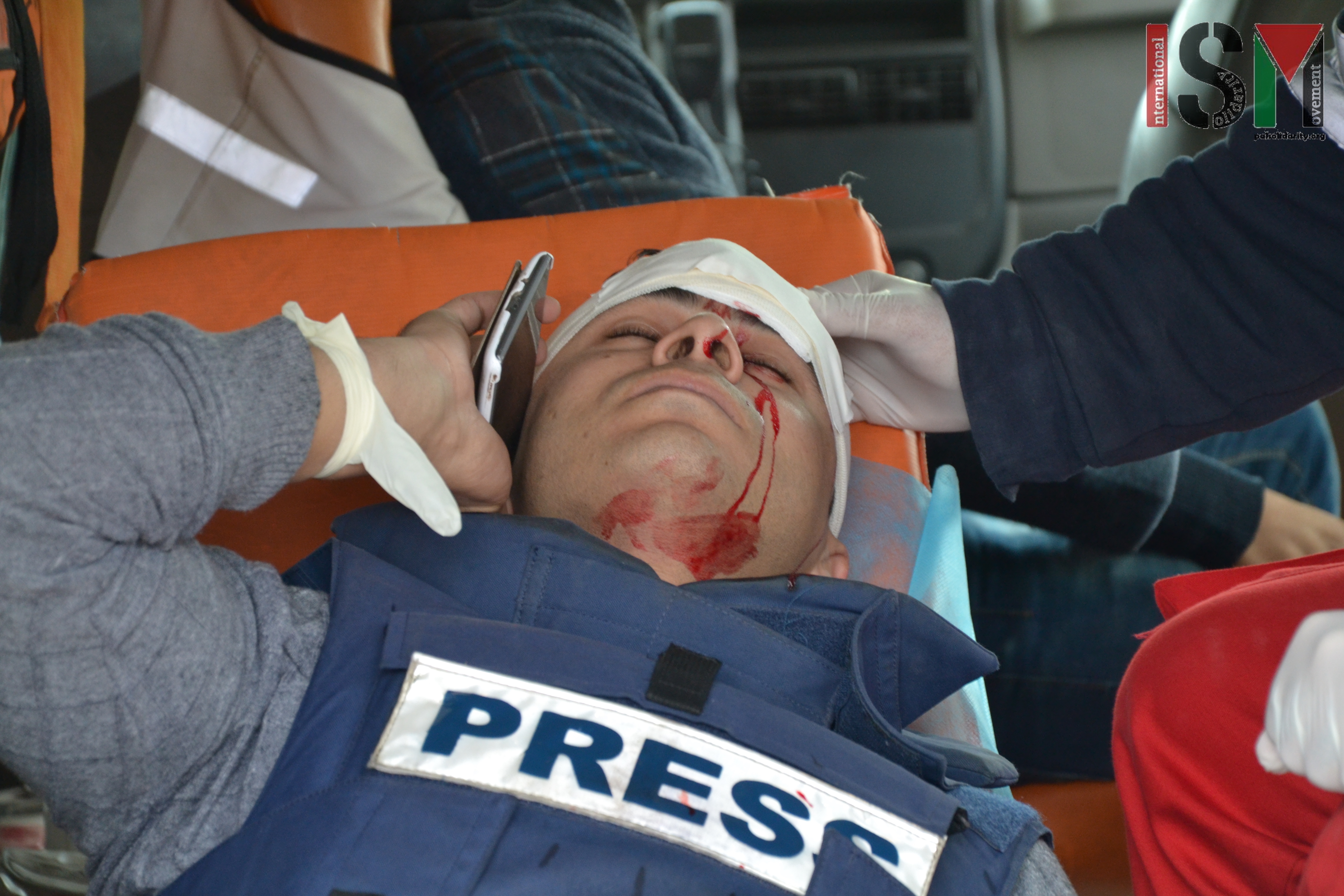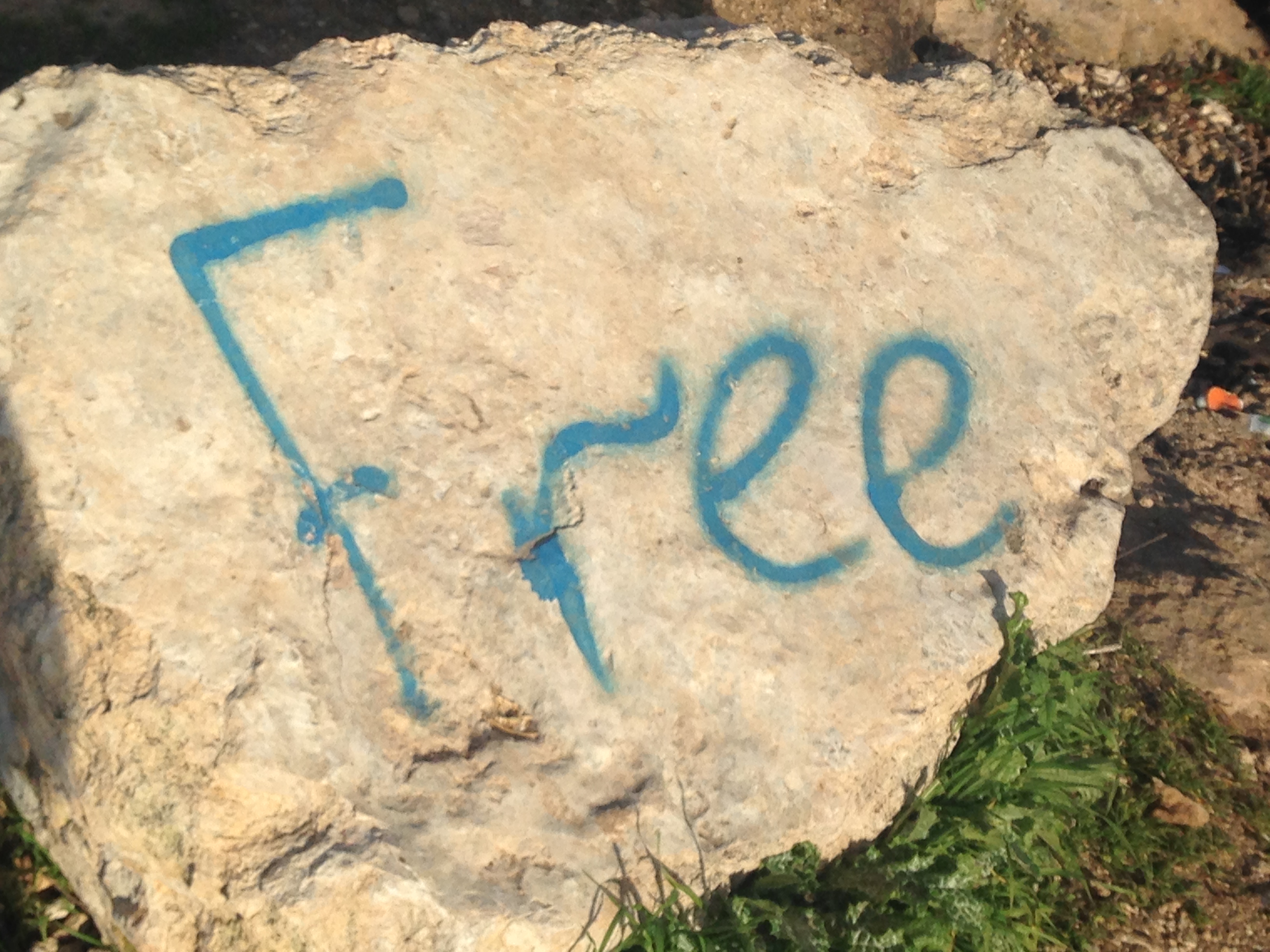Category: Reports
-
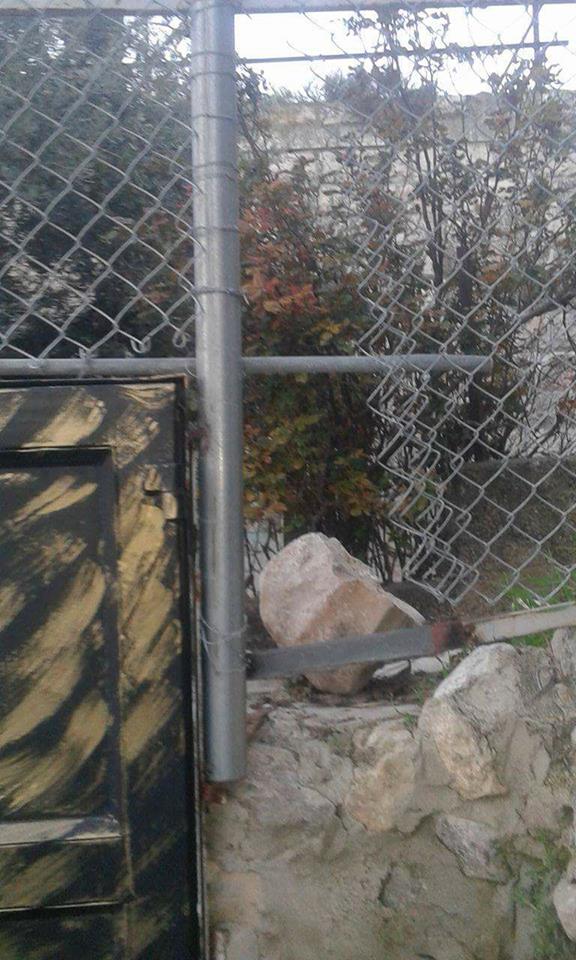
Illegal settlers break into kindergarten, damage property
7th March 2017 | International Solidarity Movement, al-Khalil team | Hebron, occupied Palestine Colonial settlers from the illegal settlements in occupied al-Khalil (Hebron) have repeatedly invaded and damaged a Palestinian kindergarten located on Shuhada Street over the last two days. On Saturday night, the colonial settlers entered the Shuhada Street kindergarten, stealing two Palestinian flags…
-
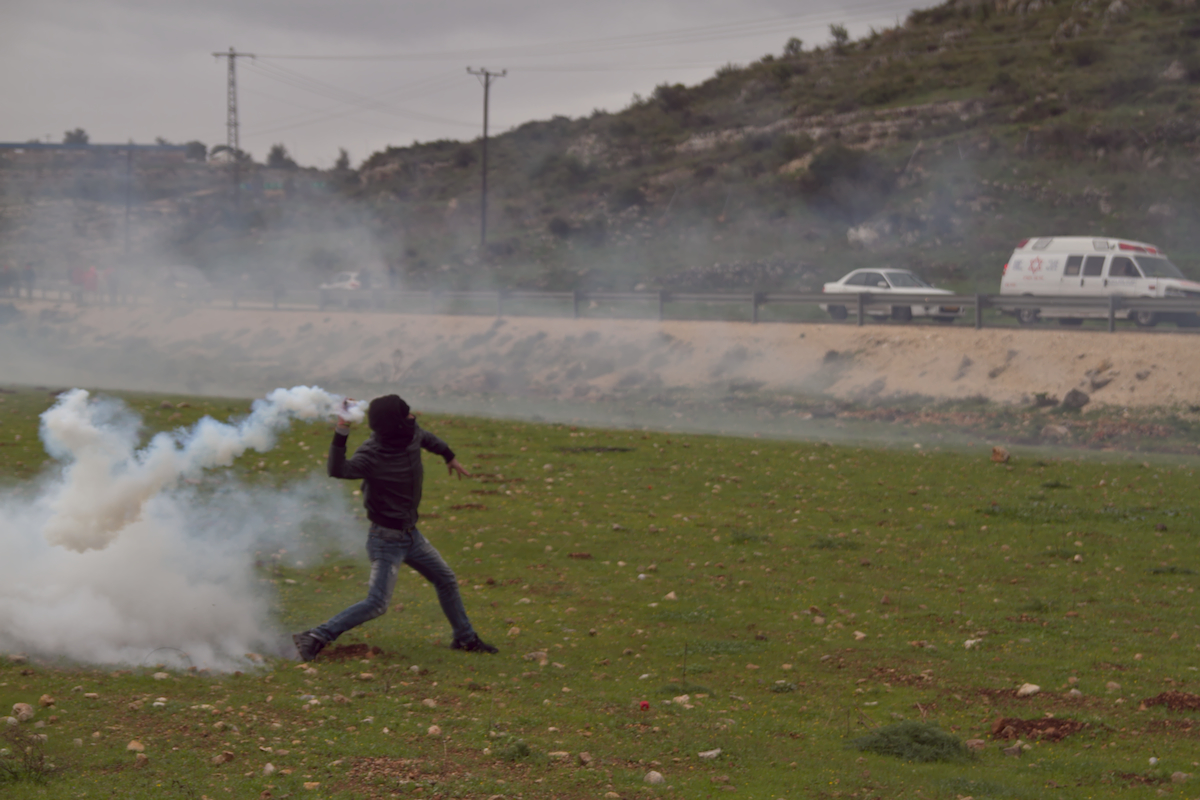
Demonstration in Nabi Saleh attacked by settlers and Army
3rd March 2017 | International Solidarity Movement, Ramallah team | Nabi Saleh, occupied Palestine Today on the 3rd March 2017 the popular resistance in Nabi Saleh village held a demonstration against the nearby illegal settlement which has stolen large amounts of the village lands, the road closures affecting their village and the occupation of Palestine. The demonstration…
-
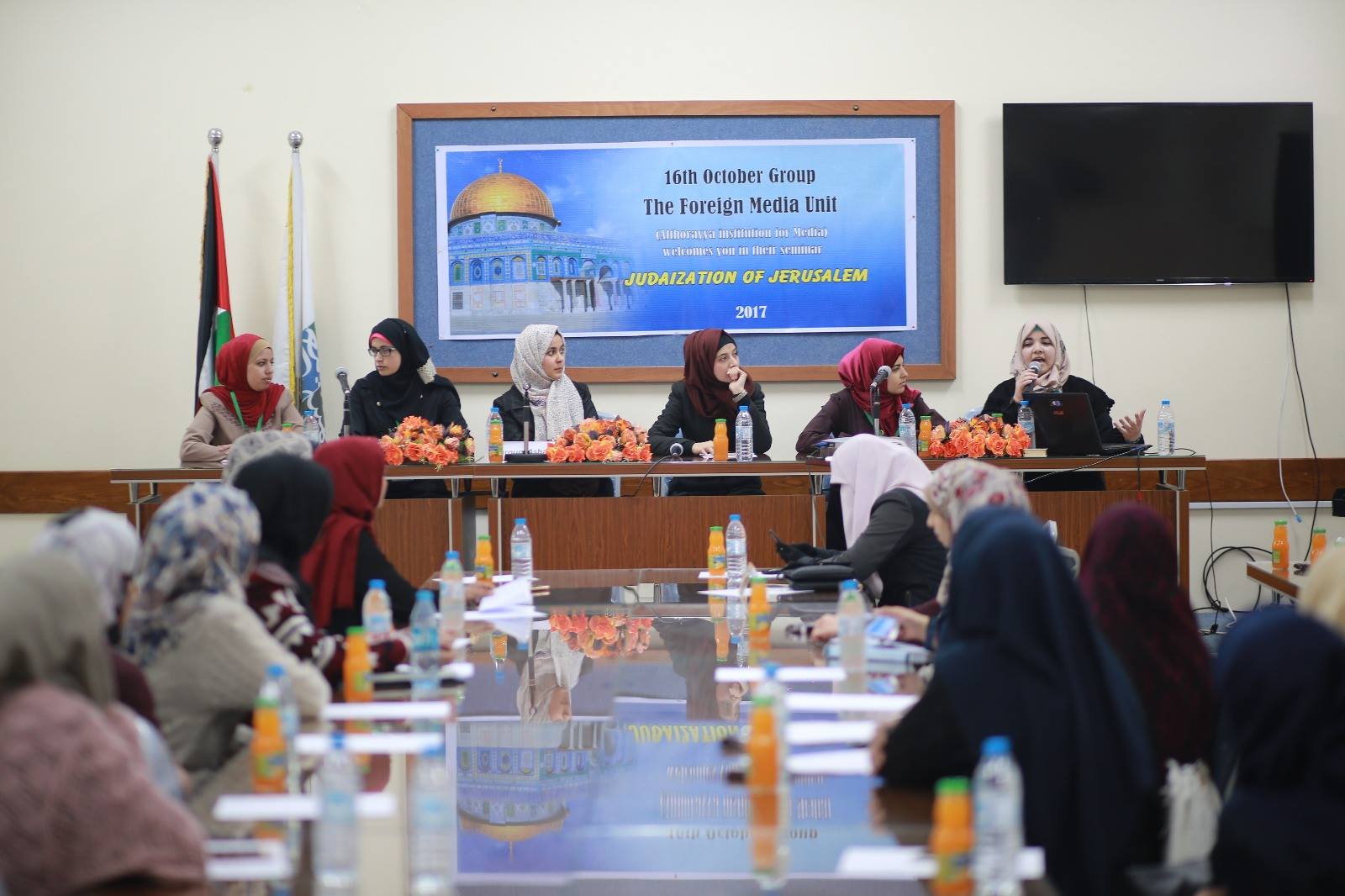
16th October Group helds a seminar about the judaization of Jerusalem
3rd March 2017 | International Solidarity Movement, Gaza team | Gaza, occupied 16th October Group (the foreign Media Unit in Athorayya association for Media ) held a seminar about the judaization of Jerusalem, on Monday 27 of February in Gaza city. the seminar aims at shedding the light on the suffering of the Jerusalemites and…
-
Kafr Qaddoum: Israeli forces shoot Palestinian journalist
3th of March, 2017 | Popular Resistance Committee of Kafr Qaddum | Occupied Palestine Today, at the weekly Friday protest in Kafr Qaddoum, a large number of Israeli Forces raided the village and fired large amounts of live ammunition, rubber coated steel bullets, stun grenades and teargas at Palestinian protesters. One journalist, from Palestine TV, was…
-
Susya continues to await demolition as Israeli government hesitates
3rd March 2017 | International Solidarity Movement, al-Khalil team | Susya, occupied Palestine The village of Susya in the south Hebron hills is still waiting for news of its imminent demolition at the hands of the Israeli military. On Sunday 26th the Israeli court was expecting the government to make clear its plans to execute…

